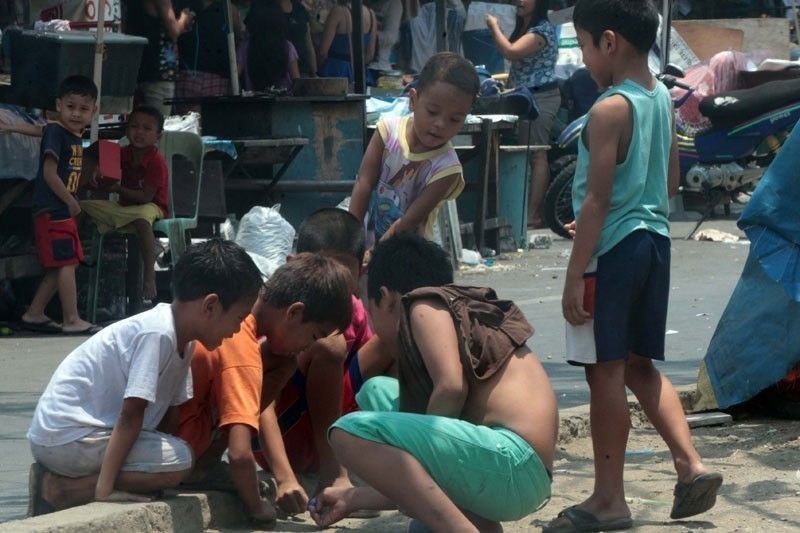1.3 billion school-age kids worldwide lack internet – UN

MANILA, Philippines — About 1.3 billion school-age children worldwide affected by school closures due to the coronavirus pandemic are unable to log on to internet at home, the United Nations revealed yesterday.
The report released by the United Nations Children’s Fund (UNICEF) and the International Telecommunication Union (ITU) said the massive number is a “digital canyon” that represents two-thirds of the world’s children, aged 3-17.
The report, titled “How Many Children and Youth Have Internet Access at Home?,” said the absence of internet connection in these homes prevents children from learning vital skills needed to compete in the modern economy.
The same report also found a lack of internet access among young people aged 15-24 – 759 million or 63 percent of the age group unconnected at home.
UNICEF executive director Henrietta Fore said the massive number “is more than a digital gap – it is a digital canyon.”
The lack of connectivity, she said, doesn’t just limit children and young people’s ability to connect online, it isolates them from the work and prevents them from competing in the modern economy.
“And in the event of school closures, such as those currently experienced by millions due to COVID-19, it causes them to lose out on education. Put bluntly: lack of internet access is costing the next generation their future,” Fore added.
UNICEF said a quarter of a billion students worldwide are still affected by COVID-19-related school closures, forcing hundreds of millions of students to rely on virtual learning.
For those with no internet access, education can be out of reach, it said.
Even before the pandemic, a growing cohort of young people needed to learn foundational, transferable, digital, job-specific and entrepreneurial skills to compete in the 21st century economy, it added.
The report also revealed that the digital divide is perpetuating inequalities between countries and communities. IT found that 58 percent of school-age children from richest households have internet connection at home, compared with only 16 percent from the poorest households.
The situation is similar between urban and rural populations and between high-income and low-income countries: around 60 percent of school-age children in urban areas do not have internet access at home, compared with around 75 percent in rural households.
School-age children in sub-Saharan Africa and South Asia are the most affected, with around 9 in 10 children not connected, the report said.
- Latest
- Trending
































